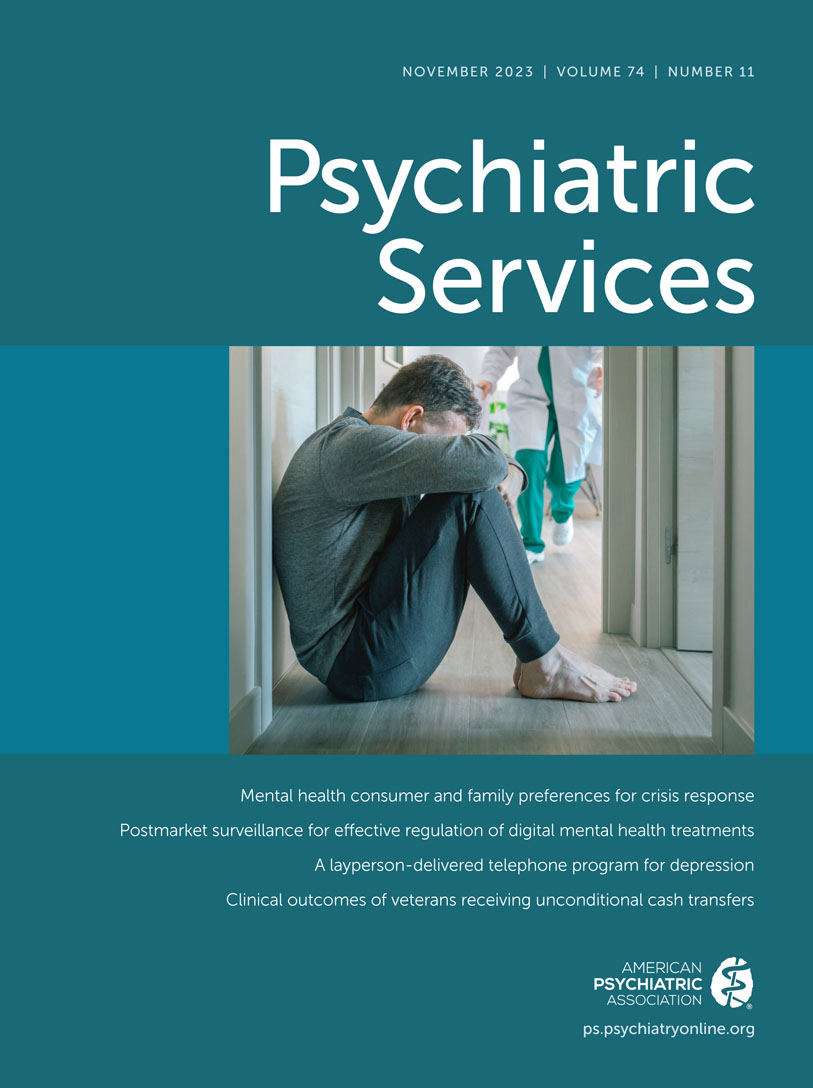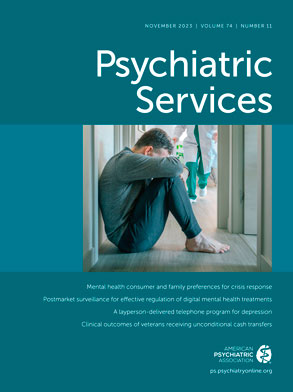Medicaid is an important financier of U.S. health care services, particularly substance use disorder treatment services. Medicaid beneficiaries living with a substance use disorder face barriers to accessing and remaining in treatment—societal stigma; psychosocial factors, including inadequate food, housing, child care, and transportation to treatment; and a health care workforce not designed to meet the needs of this population. In this month’s issue, Falgas-Bague et al. (
1) explore the role of private plans in Medicaid in the provision of substance use disorder treatment.
Increasingly, Medicaid’s coverage and benefits are provided through private plans known as managed care organizations (MCOs). In 2020, more than 70% of Medicaid beneficiaries in the United States received their care via MCOs. These plans often employ case management services to reduce costs and address beneficiaries’ health care and psychosocial needs. In addition, new financing mechanisms in Medicaid may be uniquely positioned to address psychosocial barriers to care, including the ability of Medicaid to directly pay for services such as housing. MCOs with greater financial risk to improve outcomes may be more likely than a traditional fee-for-service Medicaid program to adopt social service provision.
In their study, Falgas-Bague and colleagues conducted semistructured interviews with clients, providers, managed care plan administrators, and policy makers involved in the provision of substance use disorder treatment via Medicaid managed care. Three findings suggest a different way forward to addressing the barriers to care faced by Medicaid beneficiaries with a substance use disorder.
First, their finding about increased treatment engagement and retention in rural areas suggests that the discrete provider networks in rural areas may be more connected than larger, more diffuse networks in more urban areas. In these rural provider networks, then, opportunity to collaborate and coordinate patients’ care may be easier than in geographic areas with many providers. Second, the study found that current psychosocial services may not address the needs of Medicaid beneficiaries with a substance use disorder. Referrals to caseworkers who screen for needs and provide contact information for food, housing, child care, and other services are not sufficient. Psychosocial services need to be more fully integrated into substance use disorder treatment without requiring that health care providers also provide psychosocial services such as housing. Innovation may be required to fully integrate these kinds of care. Third, peers are integral in substance use disorder treatment. As the authors highlight, peers more fully understand the barriers patients face to accessing the full continuum of care, including care to meet their psychosocial needs, and have lived experience with a substance use disorder. Patients often feel more comfortable talking with their peers (vs. case managers, social workers, or other health care providers) about struggles and needs.
Together, these findings point toward possible treatment programs that reduce barriers to substance use disorder treatment. These programs would provide comprehensive and integrative care for Medicaid beneficiaries with substance use disorders, acting as “one-stop shops” with providers who specialize in addiction medicine, psychiatry, infectious disease, and cardiology, thus reducing the need for patients to visit multiple clinics on multiple days to receive care. Programs focused on women may also include gynecological, obstetric, and pediatric care. Individual and group therapy could also be provided onsite by mental health professionals. These programs could also directly connect patients to psychosocial support, including housing, food, and child care, and would employ peer recovery specialists to help patients navigate complex health and social service resources.
These programs exist for people with opioid use disorder—transitional clinics that bridge inpatient and outpatient care for substance use disorders and comprehensive treatment clinics for pregnant and postpartum people are two examples. Although they meet many of the health care and psychosocial needs of people with substance use disorders, these programs exist in silos. They tend to be primarily grant funded and operate within a single health care system, potentially limiting the reach of the innovation. Medicaid managed care programs are positioned to engage a diverse set of stakeholders to innovate in the provision of substance use disorder treatment in Medicaid and implement programs like those described above more broadly. Greater dissemination of these comprehensive care programs could break down many of the barriers Medicaid beneficiaries face when accessing high-quality substance use disorder treatment.

